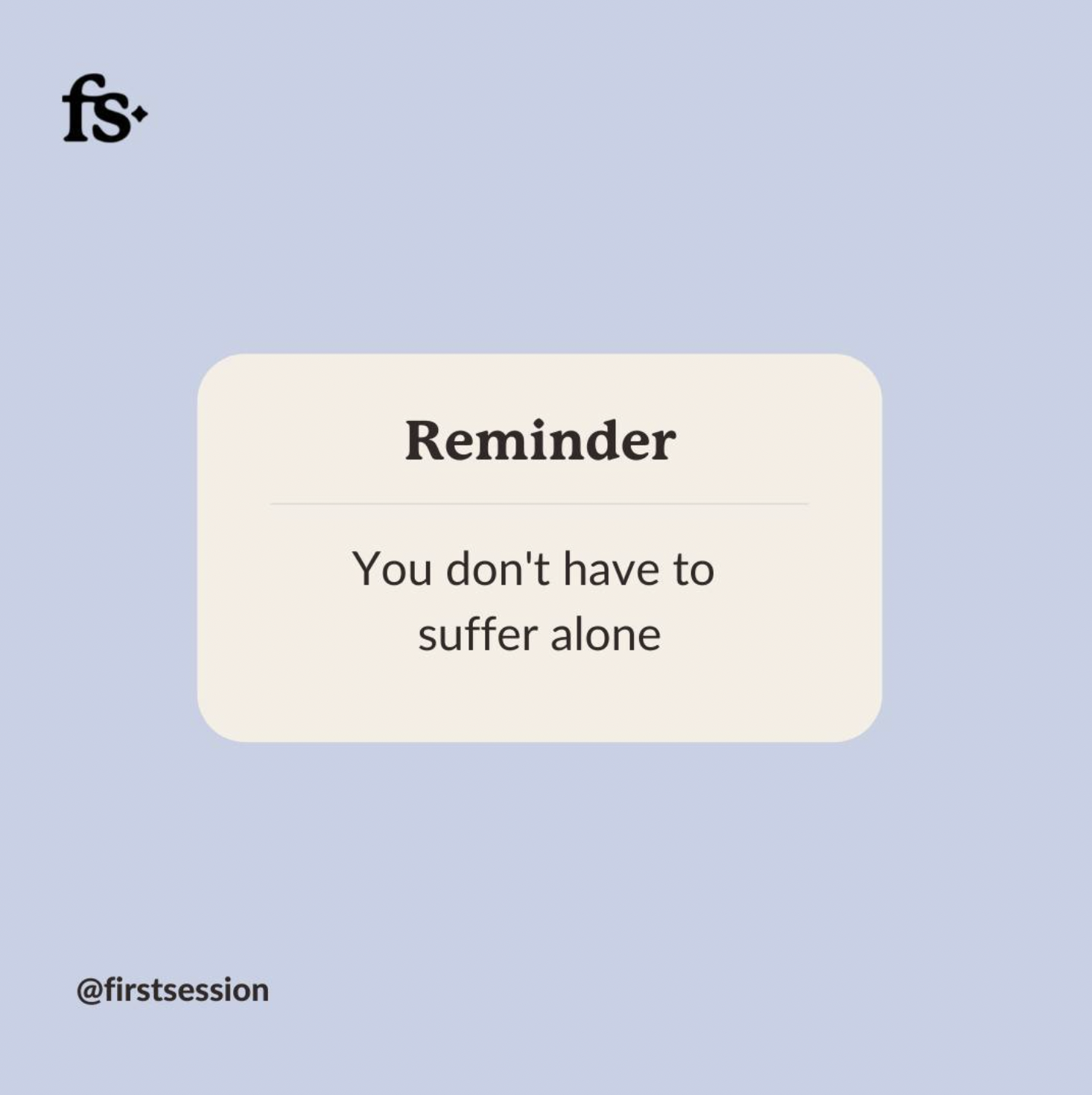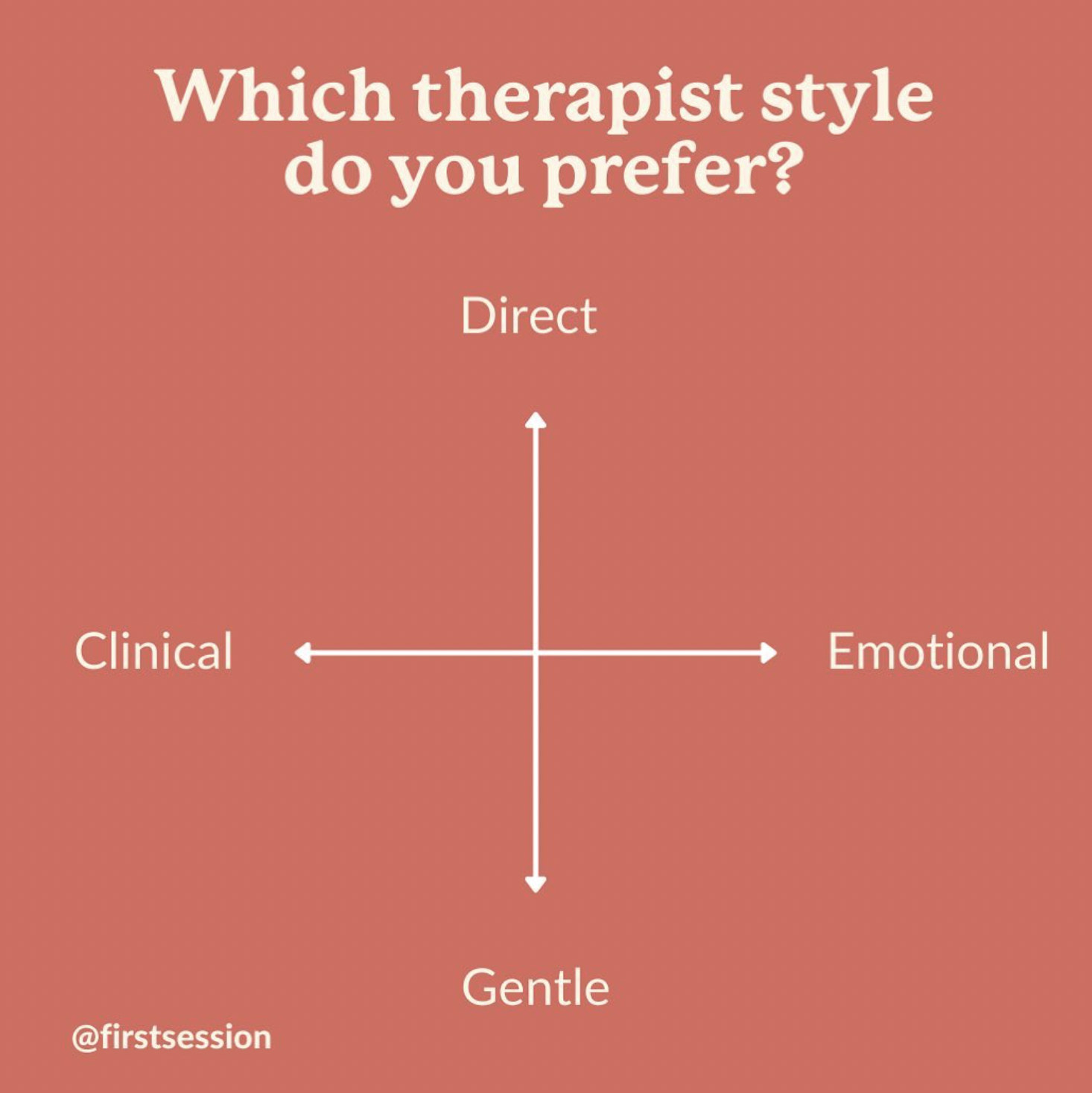Hi everyone, Happy Monday and Thanksgiving to those celebrating in Canada! Did you know that along with Thanksgiving, today is World Mental Health Day?
As many of you may know, our family has been struggling with mental health illness off and on for nearly my entire life. I say family because if you have a loved one who is experiencing a mental health crisis, you will know that it affects the entire family and support system. For those of you that may not know, my mom has struggled on and off with depression for many years; if you would like to learn a little bit more about her mental health journey, you can check out her blogs here!

This last Summer was so challenging and heartbreaking for us, but I know we aren’t the only ones struggling. trying to find resources to help and support my mom has been gruelling. I could write an entire blog just on this. The system is so broken, and my heart goes out to anyone experiencing a mental health crisis.
Today I am SO honoured to welcome Rob and the First Session team to the blog to share signs someone you love is struggling with their mental health and how to find the right counsellors and therapist!
Take it away, TEAM!
First Session is a mission-driven Canadian company that launched in 2019 to help people find and connect with the right therapist for them. To date, First Session has partnered with over 200 therapists and connected over 5000 Canadians with a new therapist across the country. First Session interviews and films each therapist they work with, so therapy seekers can watch videos of each therapist to help them determine the right fit.
How often do you ask your loved ones how they’re doing? We mean, really ask.
When someone breaks a bone or injures themselves, we feel comfortable asking how they’re feeling or if they need a helping hand. Just like physical health, we all have mental health that can fluctuate depending on what’s going on in our lives, our habits, the time of year, our genetics, our lifestyle and upbringing, and the support systems around us that help keep us healthy. And sometimes, we need help with our mental health, too.
Ups and downs are normal in daily life, so it can be hard to recognize when we need that emotional helping hand and even harder to really know if someone else is struggling. How do you know if it’s serious? How do you talk to them? What can you do to help someone else?
The first week of October (Oct 2-8) happens to be Mental Illness Awareness Week (MIAW). Coordinated by the Canadian Alliance on Mental Illness and Mental Health, MIAW aims to open the eyes of Canadians to the realities of mental illness. This year, MIAW leads into World Mental Health Day on October 10, a global campaign by the World Health Organization to address the need and deepen global efforts around mental health.
Mental health concerns are not so rare. In fact, as many as 1 in 3 Canadians experience mental illness (i.e. diagnosed conditions affecting our feelings, behaviours and interactions with others). Yet, stigma still exists. Stigma can lead to denial that we need help, knowledge gaps around how to recognize issues or find help, and even shame that prevents us from reaching out if we know we’re not doing ok.
So let’s break through some of that by continuing to talk about it and sharing resources! To tackle this topic, First Session spoke to counsellors and therapists who are trained and licensed to work with people through mental health challenges. They shared the signs that someone you love may be in need, and what to do about it. Guess what? Caring for others also includes continuing to take care of yourself too!
Let’s see what the experts say…

Five Signs Someone You Know Might Be Struggling
1) You notice shifts in their mood or energy levels
Of course, we all have our good and bad days. It’s perfectly okay to have anger or sadness at times. But, sudden or prolonged shifts in mood, or reactions that don’t quite match the situation at-hand could be signals that something more is happening.
Lauren Gaudet, Registered Social Worker, MSW, RSW (they/she) says, “[pay] attention to their mood, energy, and how they behave/respond. You may notice something seems different or out of the ordinary for that person. Their mood changes or the way they act and behave changes from their regular day to day. The way they respond to something doesn’t fit the situation; they may seemingly overreact to a neutral situation or underreact to something that typically would evoke more of an emotional response.”
Lauren also recommends you trust your gut when it comes to things like mood changes in others. A gut feeling is often accurate, and when it’s not you have still shown you’re compassionate and curious to check in with someone close to you.
2) Something in their life changes
If you’re aware that someone you love has recently gone through a major life change, this is a good time to remember to check in. Lauren Gaudet categorizes challenges in someone’s life as “around them” or “within them”. Something “around them” could include an ill family member, financial hardships, challenging projects at work. Something “within them” might be physical recovery from illness or injury, coping with an ongoing illness (mental or physical), or coping with low self esteem, negative thoughts, etc.
Lauren says, “when you notice someone might be having a hard time because of the challenges they are facing in their life, either around them or within them … [you] can empathize and have compassion for their circumstances.”
3) They are isolating from others or withdrawing from social or work activities
Sometimes we just need some alone time, especially when we’re not feeling our best. But, when you notice someone is uncharacteristically removing themselves from your social plans, it may be a signal that something is wrong.
Ahilia Singh Morales, Registered Social Worker, MSW, RSW (she/her) says, “we always hope that those around us struggling will reach out for help, but we need to remember how difficult that can be for some, especially when needs for help have not been met in the past … It is also very common for those who are going through a hard time to isolate from others, so you may notice your friends/loved ones withdrawing when they are struggling.”
4) You notice physical changes, or they complain about physical symptoms
Our minds and bodies are very much connected, so physical changes can be a hint that someone is struggling with their mental well-being as well.
Ahlia Singh Morales adds, “Some of the signs that someone may be going through a tough time could look different from person to person, however often we see sudden shifts in mood, expression of being overly tired or fatigued … some of us could also start complaining of physical symptoms.”
Jacob Emanuel, Registered Psychotherapist (Qualifying) says emotional symptoms like being “tired, angry or agitated” can be signals to help you recognize your loved one may be struggling, but so could physical changes like rapid weight gain or loss.
If there is a major physical change and it seems unintentional, ask some open-ended questions and see what might be prompting this change for them.
5) You ask them!
Ashley Elliott, Registered Social Worker, BSc, BSW, MSW, RSW (She/Her) told us, “sometimes someone going through a tough time isn’t as obvious as what we think it may be. This is why genuinely connecting is so important. We are less likely to recognize the signs of suffering if we are checking in with someone while simultaneously holding a pre-existing expectation of an answer. The first step to recognizing if someone is having a hard time is to encourage and participate in an honest dialogue about feelings and this includes allowing a space for an answer other than ‘fine’ or ‘good’.”
Lauren Gaudet says that it’s encouraged, when checking in with someone that “you are mindful of providing space for that individual in the capacities that they need. Ask them questions like, do you need me to just listen right now? Would you like some feedback or advice? How can I support you with this?” She suggests giving signals that you are actively listening with your body language and words, and use affirming statements like “I hear you” or “that sounds tough.”
Being a Caregiver
Each therapist said when you’re in a caregiver role helping a friend or loved one through a tough time, it’s important to keep tabs on your own wellbeing and ensure you understand your capacity for giving.
Ahilia Singh Morales says, “a common thing we say in therapy to clients is that we do need to keep our cups full. Those highest at risk for having empty cups are those who give a lot to others. In many cultures, caring for others is a community job, it truly takes a village. We don’t often see the difficulties when an individual is responsible for caring for another, often in isolation.”
Lauren Gaudet adds that caregiver burnout is common, and there are signs of burnout to look out for in yourself when taking on this role. She says, “typical presentations of burnout include (this is not an exhaustive list) changes in energy levels such as increased fatigue; changes in mood such as increased irritability, frustration, resentment, hopelessness, tearfulness, and even shutting down or feeling numb; a sense of overwhelm; changes in accessing pleasure and engaging in enjoyable activities such as leisure, sexual pleasure, socializing, and intellectual pursuits; eating and sleeping changes and/or disturbances; feeling unwell, in pain, and/or getting sick more often due to increased stress levels; as well as neglecting your own physical or emotional needs.”
Ashley Elliot also touched on the importance of community when it comes to caregiving. She says, “caregiver support at its core sends the message that we believe in re-investing in our community. A community that supports caregivers acknowledges the often invisible load that many friends and family take on. Therapeutic resources for caregivers help tackle complex internal narratives such as guilt, resentment and burnout. The very root of which often leaves these resources inaccessible or significantly strained.”
Don’t go into caregiving alone. Look for those around who can support your loved ones and you in carrying the load. Having someone to talk to, like finding a therapist or counsellor, or turning to your family or close-knit friend network to help you refill your cup are just as important as the help you’re giving others.

Quick Tips on Finding a Therapist
If you’re looking for a counsellor for yourself or hoping to help a loved one who is struggling to find professional help, there are a few important things to know about finding a therapist in Canada and elsewhere.
- The title of a counsellor or therapist depends on where you live. In Canada, each province has their own set of regulations that govern therapeutic counselling and which professional titles are covered under those rules. In the US, each state can have different licences for therapists, and if you’re covered under health insurance, you’ll want to make sure you get it right. For example, in Ontario, the title Registered Psychotherapist is a licensed professional title, but in New Brunswick, the same kind of therapist is licensed as a Counselling Therapist. It’s important to get familiar with the differences between psychologists, psychotherapists, and counsellors and find out which professional titles are used where you live. Encouraging someone to talk to their family doctor can be a great place to start. If they’re in need of medical help or medications, they’ll need a referral for their doctor to a psychiatrist in most cases. Psychiatrists can diagnose mental illness and prescribe medication. If you live in Canada, here is a handy chart explaining the differences.
- Their relationship with their counsellor is important. When it comes to counselling or therapy, finding therapist fit is one of the most important factors for long-term success. Someone who works for you might not work for your loved one. But you can help them find someone who is a fit for them. Therapists usually specialize to work with certain kinds of clients (couples, kids, individuals) or to help with different challenges (grief, addiction, self-esteem). They should look for someone who will match their personality and their needs.
- Help them understand their health insurance. Many people are lucky enough to have some form of therapy covered under workplace health insurance. It’s important to check different overage plans to understand how many appointments and what kind of professionals are covered under that plan. If you do not have workplace health insurance, there are some therapy options covered under provincial healthcare, but unfortunately it’s quite limited.
Helpful educational, mental health resources and organizations that can help you if you’re concerned about someone you love:
First Session is a nationwide directory of qualified therapists, counsellors and social workers across Canada. Browse videos of each professional to make the right choice the first time.
Canada-wide, there are nonprofit and government-funded organizations like the Canadian Mental Health Association (CMHA), or associations that oversee mental health professionals in the country, like the Canadian Psychological Association, that can help direct you to services that will work for you.
You can find a therapist in the US using directories like Psychology Today and Therapy Den.
If you or anyone you know is in a crisis or may be in danger, please use the following resources to get immediate help.
Crisis Services Canada
1 (833) 456-4566 (24/7) or
text 45645 (4 pm to 12 am ET)
Kids Help Phone
1 800 668-6868 (24/7) or text CONNECT to 686868; Languages: English and French
Hope for Wellness Help Line (available to all Indigenous peoples)
1 (855) 242-3310
Trans Lifeline Canada
1 (877) 330-6366




